
As new waves of omicron infections continue to hit around the world, it’s becoming clearer that COVID is here to stay.
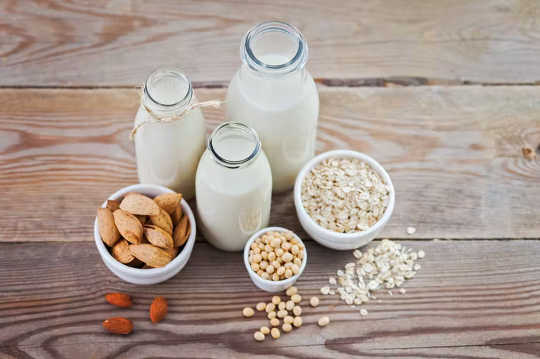
Over the last decade, the number of people drinking cow’s milk has dropped – with people swapping dairy for plant-based alternatives, such as oat and almond milk.

“How risky is being indoors with our 10-year-old granddaughter without masks? We have plans to have birthday tea together. Are we safe?”
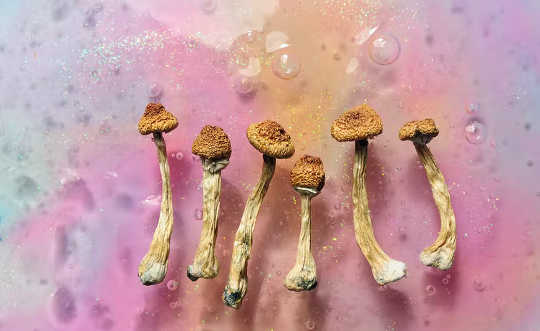
The evidence is mounting for the effectiveness of psilocybin in treating depression

While weight training can be a great way to lose weight and build muscle, it can be confusing and even intimidating knowing where to get started

This resurgence in urban walking has been a long time coming. Our first baby steps might still be celebrated. But since the explosion of car use in the 1950s, people in Europe and North America have walked less and less.
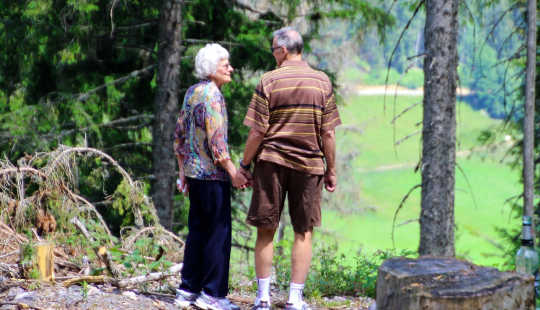
Living in an area bursting with green space is associated with higher overall cognitive function in middle-aged women, as well as better mental processing speed and attention, according to a new study.

These studies are beginning to provide researchers like us with evidence about how these tests perform and how we can use them to make the best public health recommendations moving forward.

If the U.S. Supreme Court overturns Roe v. Wade, the 1973 decision that legalized abortion in the U.S., the nation may find itself on a path similar to that trod by the Irish people from 1983 to 2018.

If you believe anecdotes online, drinking lukewarm water with a splash of lemon juice is detoxifying, energising and soothing. Water and lemon juice on their own are healthy. But if you combine them, do they become healthier?

Most of us struggle to think well after a poor night’s sleep – feeling foggy and failing to perform at our usual standard at school, university or work.
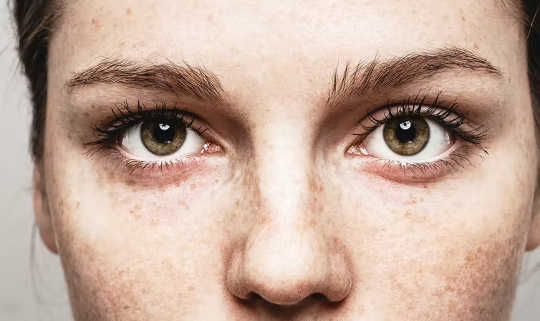
Scientists at the University of California, San Diego, have developed a smartphone app that can detect early signs of Alzheimer’s disease and other neurological conditions.

The human brain is a three-pound organ that remains largely an enigma. But most people have heard of the brain’s gray matter, which is needed for cognitive functions such as learning, remembering and reasoning.
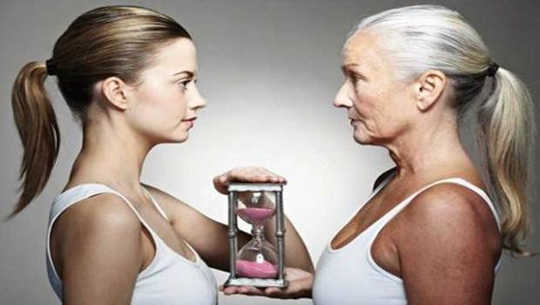
There is growing evidence that COVID can cause lasting cognitive and mental health problems, with recovered patients reporting symptoms including fatigue, “brain fog”, problems recalling words, sleep disturbances, anxiety and even post-traumatic stress disorder (PTSD) months after infection.
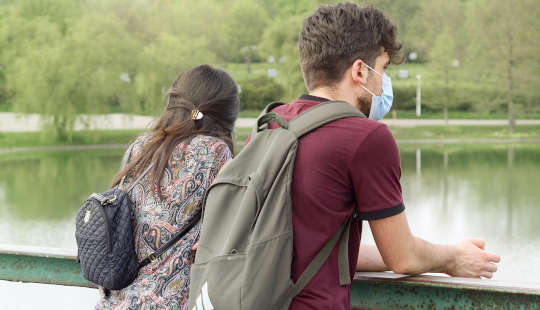
The Coronavirus pandemic represented a current in our psychic and physical spheres of reality that challenged our internal definitions of both the light and the darkness. It compelled us into stillness as much as it compelled us into chaos.

We’re a society obsessed with numbers, and no more so than when managing our health. We use smartwatches to count steps and track our daily activity, creating scores for our fitness, and monitor our heart rate and sleep quality to measure our health and well-being.
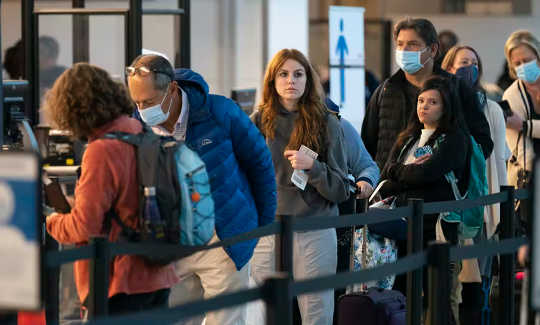
A lot of the reason for wearing a mask is to protect others. But early on in the pandemic, Monica Gandhi, a professor of medicine at the University of California, San Francisco, explained how masks can protect the wearer, too.

When was the last time you ate meat? Today? This week? Ten years ago? Never? Have you ever had an argument about meat consumption with someone, whether it was over environmental impact or the ethics of eating animals?

Every year, around 12,000 men in the UK die from prostate cancer, but many more die with prostate cancer than from it. So knowing whether the disease is going to advance rapidly or not is important for knowing who to treat.

You want to sit down for an indoor dinner with friends. A couple of years ago, this was a simple enough activity that required minimal planning. However, that is not the case in today’s world. Many people now face a stream of further considerations about benefits and risks.

The most common reason for eating less red meat is cost, followed by concerns related to health, the environment, and animal welfare. At the same time, meat consumption among the middle class in countries such as China and Vietnam has been rising.

We’ve all heard those people who say “running gives you a high” or “exercise is addictive,” but for many of us, it’s hard to love exercise. Some might even say they hate it, dread it, or the thought of going to the gym gives them anxiety.

There should be renewed efforts to eliminate the socioeconomic and health conditions that prevent minoritized racial and ethnic individuals from achieving adequate sleep—including racism
















